Who is Jeanine and why did she bully Priyanka Chopra?
“I’ve been famous for more than half my life,” shrugs Priyanka Chopra. “I don’t know anything else anymore. This is my normal.”
The Quantico star has been well on her way to world domination; Chopra, who has just wrapped up shooting for Baywatch and is working on the second season of the hit ABC show has made her way to the top of the food chain.
In a recent interview with Complex Magazine, Priyanka gets candid, proving that although she may be soaring high in her career, she's still got both feet on the ground.
Believe it or not, Priyanka was actually bullied in her school days
When she was 13, the Dostana actress shifted to the United States to to pursue studies in Newton, Mass. Being the only Indian girl at school, she was subjected to bullying which really broke her spirit: “I was bullied by a freshman named Jeanine,” she says, also pointing out that she was picked on by a younger girl.
“She was black and supremely racist. Jeanine used to say, ‘Brownie, go back to your country, you smell of curry,’ or ‘Do you smell curry coming?’ You know when you’re a kid, and you’re made to feel bad about where your roots are, or what you look like? You don’t understand it, you just feel bad about who you are."
The bullying tested her resolve and broke it. “I told my mom, ‘I don’t want to do this anymore.’” She returned to India defeated, her mind set on becoming an engineer. However, when she applied for a scholarship, her mother sent professionally shot photos to the Miss India pageant without telling her.
To her surprise, she won. “The thing is,” she tells me while recalling the start of her career, “I don’t like losing, in anything I do, whatever it might be. I felt I could always go back to college. But this was something I wanted to try so that I didn’t have a ‘what-if’ for the rest of my life.”
Chopra refuses to be put in a box
Being aware of the racism around, Priyanka wants to tackle the issues that are confronted in Aziz Ansari's Master of None (Fun Fact! She loves this show!). “There are so many Indian actors who have crossed over, and have done a lot of work in the west but they’ve always been made to speak like Apu [from The Simpsons]. I want to be able to break the stereotype of what Indian people or people of South Asian descent are supposed to be. Nobody’s supposed to be anything. You can be whoever you want. And I want young people to see that.”

She goes on to talk about the lack of diversity on American television: “Art should not be bound by barriers or language. The Hindi film industry is a testament to that. We speak only Hindi but we premiere in Germany and Japan. Our films do phenomenally well there. We transcend the barriers of language and culture. We welcome you in. I think that’s what art should be, and I hope America reaches that place.”
Her role as the villian in Baywatch has everyone talking, especially about how she’d make a great Bond Girl.
Her response? “I get that all the time,” she says with faux exasperation. “But forget that—I wanna be Bond!”
On always being daddy's little girl
The Mary Kom leading lady and credits her resilience, attitude, and assertiveness to her father.
“He was always about the fact that I didn’t have to fit in. I didn’t have to be a boy to be successful,” she says, “In India, boys are looked at to be the workers. Girls are supposed to get married and have babies. My parents gave me the ability to be fearless in whatever I do. My mother is a double MD and I’m from a family of overachievers, so don’t even ask,” she adds with a laugh.
Chopra has a small tattoo on her hand which reads 'Daddy's Little Girl' in a unique font, which she reveals is her late father's writing. “He was really sick at that time so his hand would shake. I asked him to write it in his handwriting, and lied to him, saying I wanted to put it on my album cover. I couldn’t tell him I was getting a tattoo. He practiced and practiced so his hand wouldn’t shake, then he emailed it to me. I traced it and got the tattoo. When he saw it, he cried, and was very emotional.
I was being sassy like, ‘See, this was the only way you would allow me to get a tattoo.’ But we both knew it was a very emotional moment.”





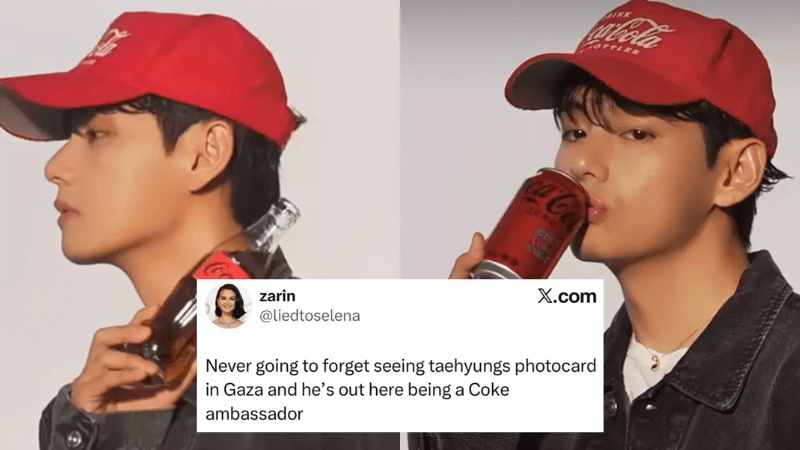
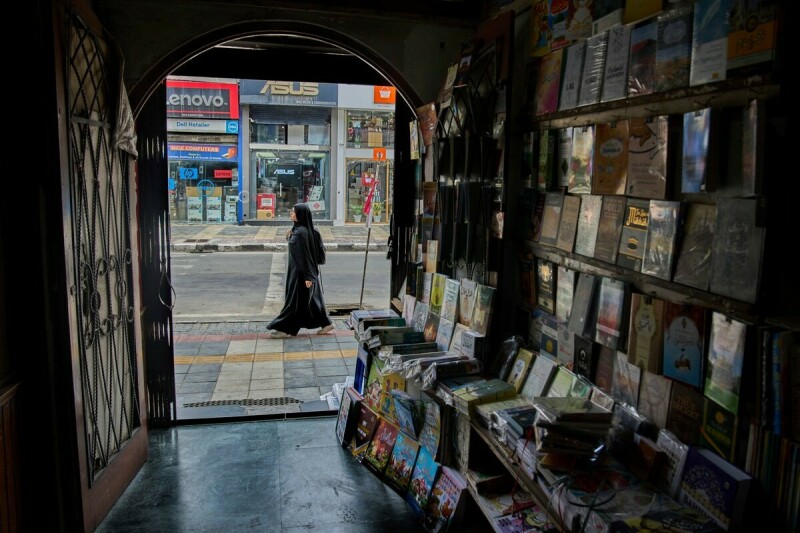
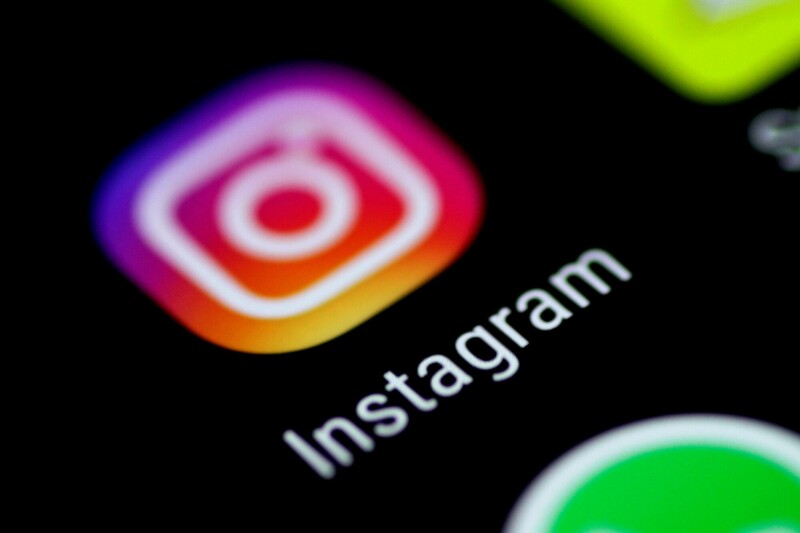
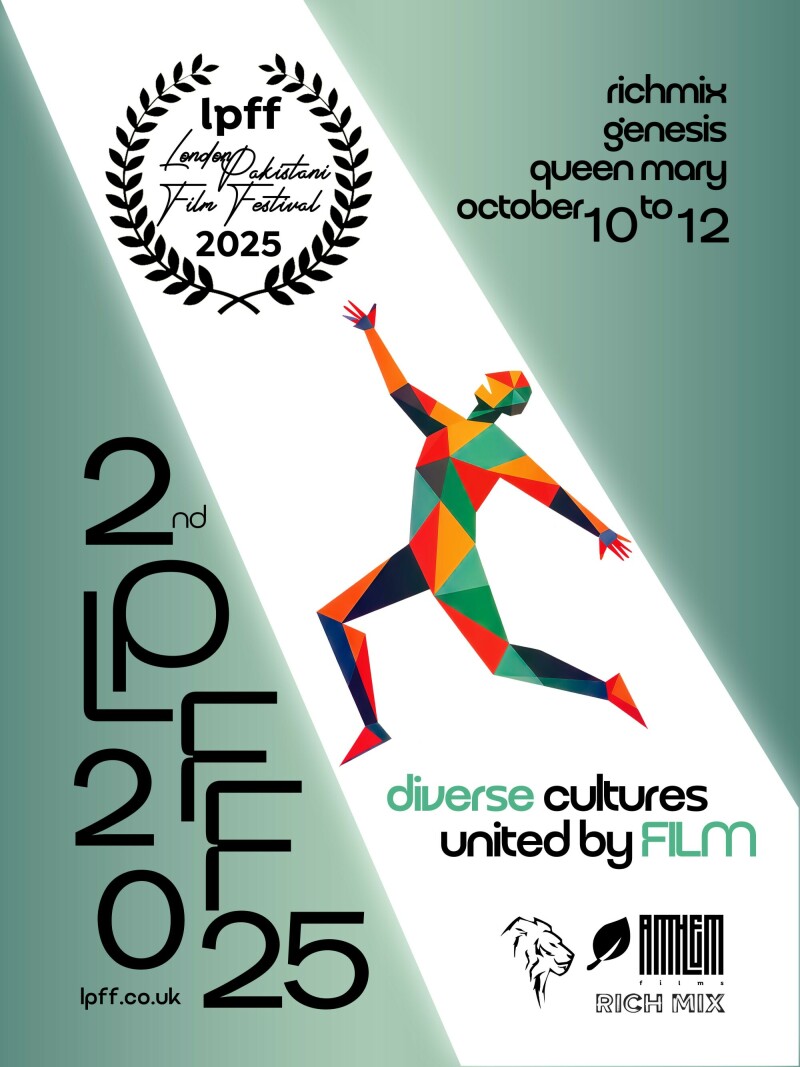
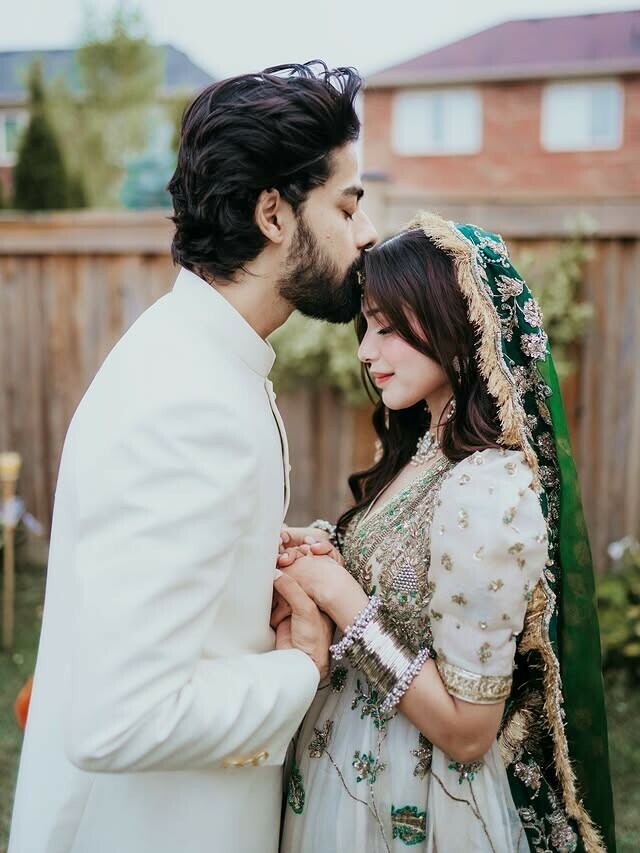

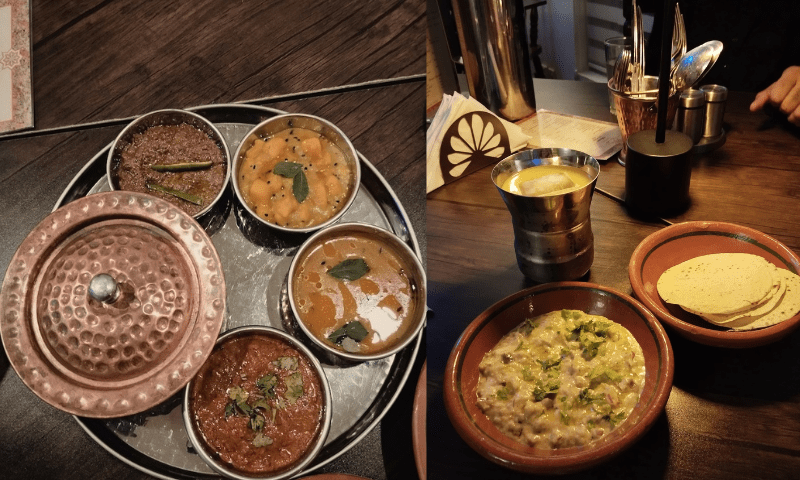
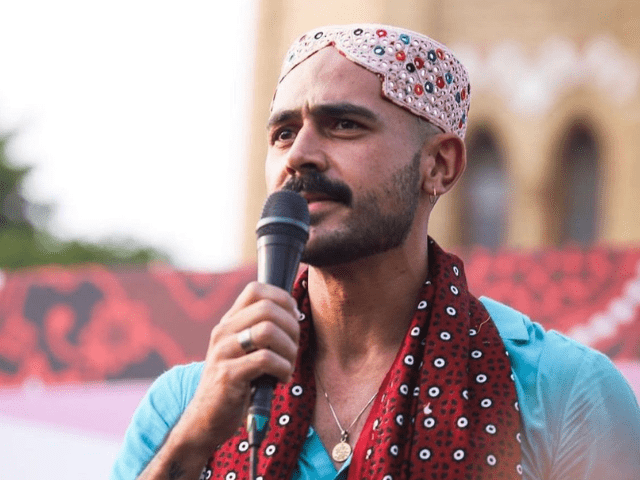
Comments